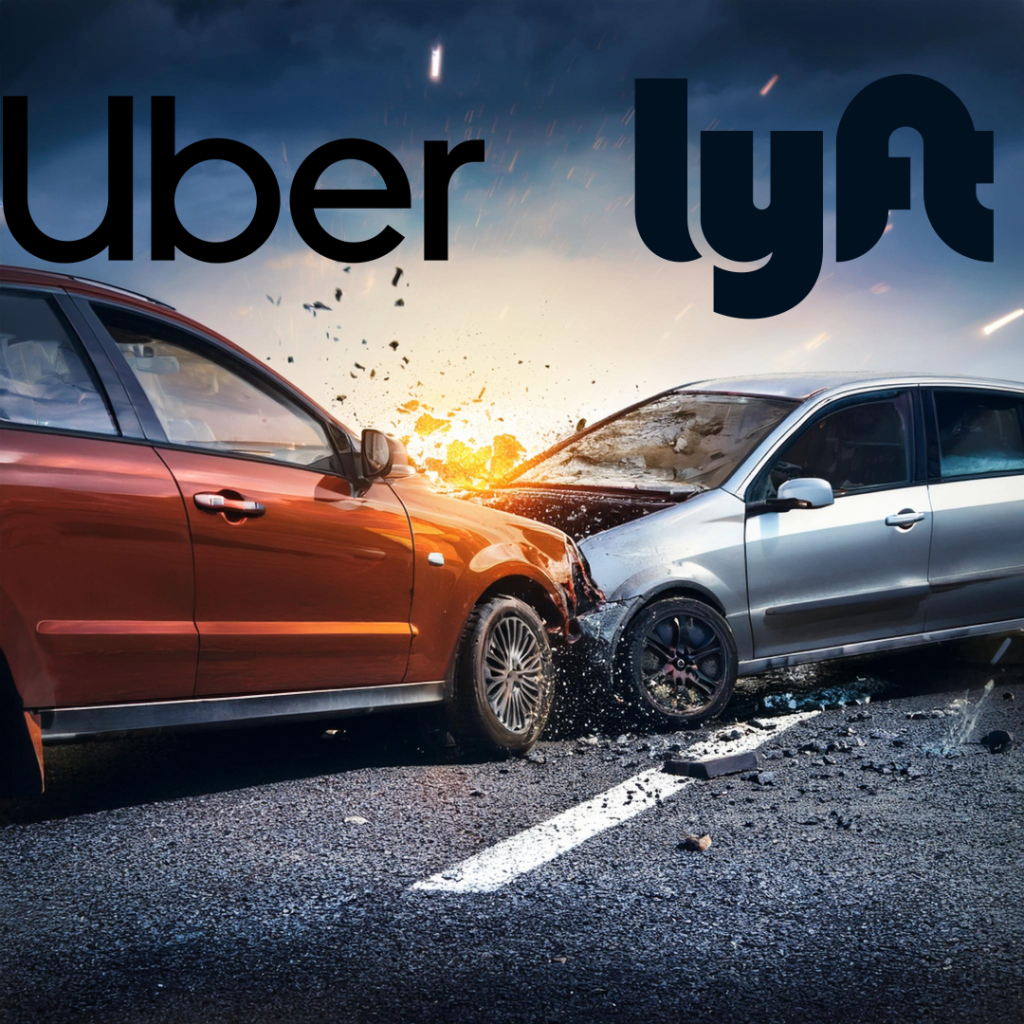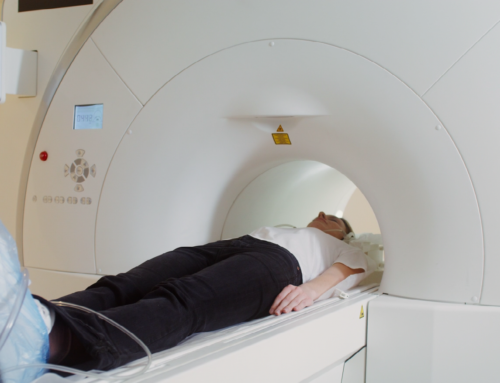
If you’re a ride-share driver, whether for Uber, Lyft, or other services, understanding your insurance coverage is crucial to protecting yourself and your passengers in case of an accident. Most ride-share apps provide insurance coverage for accidents while using the app, but there are specific situations where you could be left unprotected.
Is Accepting Cash for a Ride Worth the Risk to Your Insurance Coverage?
One common situation ride-share drivers should be cautious of is when a friend or family member asks for a ride and offers cash to compensate you. While it might seem like an easy favor, especially when you’re already driving professionally, accepting cash outside the ride-share app can lead to serious insurance issues. Personal auto insurance policies often include specific exclusions for using your vehicle for business purposes, which means if you’re accepting money for driving—whether from a stranger or someone you know—it’s considered commercial use of your vehicle.
If you get into an accident while driving under these circumstances, your private insurance may deny coverage entirely. This leaves you vulnerable to significant financial consequences. Not only could you be responsible for the cost of repairs to your vehicle, but you might also have to pay out-of-pocket for medical bills, legal claims from injured passengers, and even damages to other drivers’ vehicles. Even a minor accident can result in thousands of dollars in expenses that would otherwise be covered if you were using the ride-share app’s insurance.
To avoid these risks, it’s best to stick with the ride-share platform, where proper insurance protections are in place. Even when driving friends or family, using the app ensures you have coverage in case of an accident and shields you from potentially devastating financial liability.
What Insurance Protections Do Uber and Lyft Provide for Ride-Share Drivers in Colorado?
In Colorado, ride-share drivers using platforms like Uber and Lyft benefit from robust insurance protections designed to safeguard both drivers and passengers. One of the key coverages provided by these companies is uninsured/underinsured motorist (UM/UIM) coverage, which is required to be at least $200,000 per person and $400,000 per accident while the driver is on the way to pick up passengers, or is transporting passengers with the app. This type of insurance steps in when the ride-share driver or their passengers are hit by a driver who either doesn’t have insurance or has insufficient coverage. UM/UIM coverage helps cover medical expenses, lost wages, and other financial losses, ensuring that those affected are not left to cover these costs out of pocket when the at-fault driver can’t pay.
In addition to UM/UIM coverage, ride-share companies typically provide $1,000,000 in liability coverage if the ride-share driver is the one who causes the accident when en-route to pick up a passenger, of with a passenger in their vehicle when the crash occurs. This coverage helps compensate victims for medical expenses, lost income, and pain and suffering. For both drivers and passengers, this high level of coverage offers peace of mind, knowing that there is significant financial protection in place should something go wrong.
This should be a no-brainer when offered cash for rides outside the app. If you take on passengers without using the ride-share app, not only are you potentially voiding your private auto insurance by using your vehicle for business purposes, but you also miss out on these critical protections that Uber and Lyft provide. Without the ride-share platform’s built-in coverage, an accident could leave you with zero insurance protection, putting you at risk of bearing the full financial burden. By staying on the app, you ensure that both you and your passengers are protected by UM/UIM coverage and the $1,000,000 liability policy, reducing the risk of financial ruin from an unexpected accident.






Leave A Comment